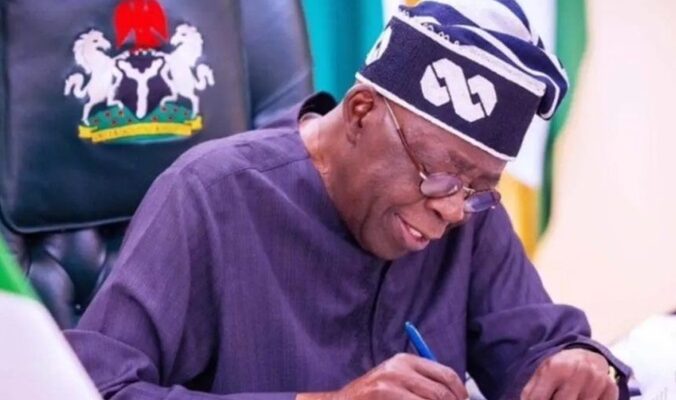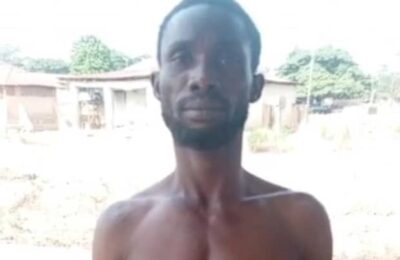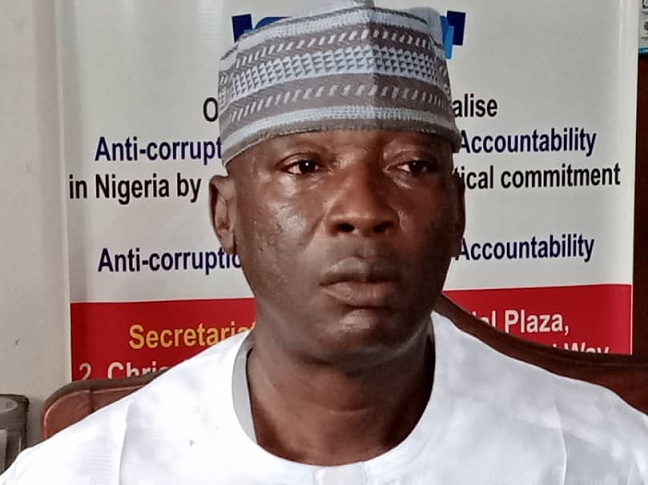As Nigeria approaches May 29, 2025, President Bola Ahmed Tinubu will commemorate two years in office as the President and Commander-in-Chief of the Armed Forces of the Federal Republic of Nigeria. This milestone invites a reflection on the administration’s journey, the challenges inherited, the achievements realized, and the prospects that lie ahead.
Since gaining independence in 1960, Nigeria has faced significant developmental obstacles, many rooted in poor economic policy choices, limited industrialization, pervasive political greed, and widespread poverty and corruption. Leadership has often been revered without accountability, sometimes leading to decisions that further alienate the populace rather than uplift them.
When President Tinubu took office, he inherited a nation confronting economic turmoil, security threats, and an overwhelming debt burden. Previous administrations had contributed to staggering debt levels, exacerbated by a financially draining fuel subsidy scheme and attempts to artificially maintain the naira amidst mounting market pressures.
The Central Bank, under former Governor Godwin Emefiele, utilized the Ways and Means facility to inject over ₦30 trillion into the economy, a move that essentially printed money without an underlying increase in productivity, exports, or tangible reserves.
With a reform oriented agenda and the commitment to restore national confidence, President Tinubu sought to address the systemic issues plaguing the nation. His leadership has been characterized by a careful yet decisive approach, focusing on rigorous but necessary reforms intended to mend a deteriorating structure.
Among the key decisions made, the removal of fuel subsidies stands out, alongside an overhaul of monetary policy and the initiation of essential structural economic changes. President Tinubu acknowledges the hardships these reforms might bring, he firmly believes they are crucial to reversing further decline and paving the way for recovery.
In the past two years, a wide range of initiatives has been introduced across crucial sectors:
Efforts to combat inflation, simplify and restructure the tax system, and attract investments through competitive treasury bills, investments aimed at modernizing road, rail, and air transport networks, including the long awaited revival of the Ajaokuta Steel Company.
Programs designed to enhance agribusiness, modernize livestock farming, and achieve food security through sustainable practices,
Introduction of a student loan scheme, increased NYSC allowances, and significant investments in digital literacy and tech entrepreneurship.
Expanded access to healthcare services, community development programs, and increased housing initiatives targeted at vulnerable populations, Initiatives focused on bolstering small and medium sized enterprises, improving access to consumer credit, and facilitating business growth.
The Promotion of solar and wind energy, policies for marine resource management, and plans to adopt cleaner transportation methods and strengthening local governance structures, enhancing immigration services, and utilizing modern technologies for border management.
The first two years of President Tinubu’s tenure have been marked by the bravery to tackle Nigeria’s most pressing challenges and the political will to implement changes. His government aims to rebuild the country’s foundations, not just in infrastructure but also economically and institutionally.
However, the pursuit of sustained growth necessitates the collective effort of all Nigerians. It is crucial to transcend continuous criticism and instead commit to fostering a better nation collaboratively.
Going forward, Nigeria must adopt a new ethos centered on responsibility, productivity, and accountability. As President Tinubu continues to rise to the occasion, it is imperative for the citizenry to rise alongside him.
The path ahead remains challenging, but the trajectory is promising. President Tinubu’s ongoing reforms have the potential to lay the groundwork for a very stable and prosperous Nigeria, contingent upon the collective will of the people to renew his mandate come 2027.
– Hon. Musa Bakare writes from Lokoja, Kogi State. He is a member of the Tinubu Support Group (TSG).




